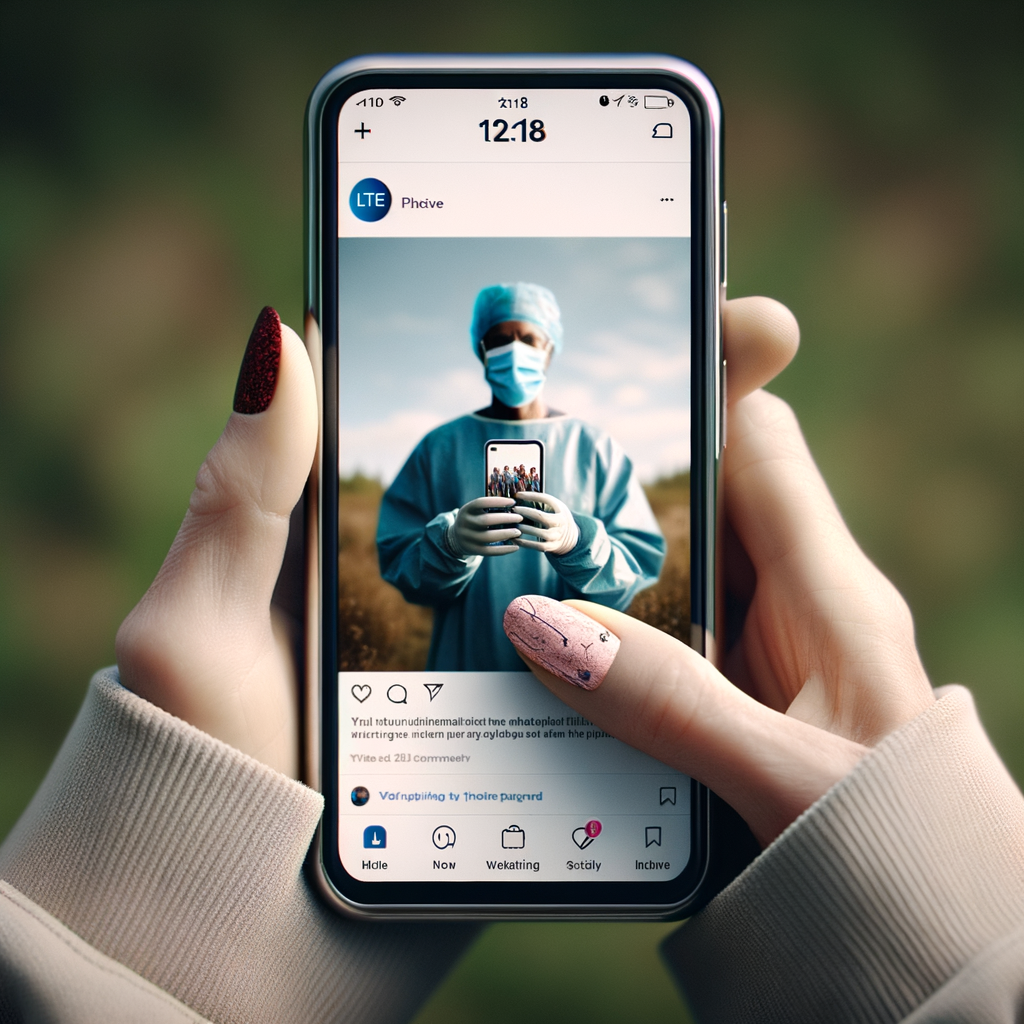The Allure of Oysters as an Aphrodisiac
For centuries, the mystique of oysters has captured the imagination of lovers across the globe. With Valentine’s Day round the corner, many wonder if there’s truth to the claim that oysters can spice up one’s libido. This concept isn’t new; even the legendary Giacomo Casanova was said to indulge in these briny delights to boost his sexual prowess. But what does science say about oysters being an aphrodisiac?
Oysters and Libido: What’s the Connection?
Oysters are rich in zinc, a mineral known for its role in enhancing testosterone levels and overall male fertility. This is essential for both male and female sex drives. Zinc also aids in the production of dopamine, a neurotransmitter that encourages feelings of pleasure and satisfaction—a duo that may positively influence sexual desire in both genders. Additionally, these mollusks contain D-aspartic acid, an amino acid linked to the production of testosterone, contributing to their aphrodisiac reputation.
Yet, despite these promising attributes, direct scientific evidence linking oysters to increased libido is scant. Instead, some experts suggest that the placebo effect could be at play. The belief in oysters’ aphrodisiac qualities alone may inspire a heightened sense of romantic desire, showing just how powerful the mind-body connection can be when it comes to love and desire.
Exploring the Aphrodisiac Effect
Whether cooked or enjoyed raw, oysters are often recommended in groups of four to six to potentially experience any aphrodisiac effects. However, one should proceed with caution with raw oysters due to the risk of serious infections from pathogens like vibrio vulnificus.
Beyond oysters, there are various other ways to enhance sexual desire and performance. The key is to explore and understand what works best for you and your partner, guided by both personal preference and scientific research.
Valentine’s Day: A Time to Test Aphrodisiac Claims?
With the season of love upon us, Valentine’s Day presents the perfect opportunity to explore the romantic potential of aphrodisiacs like oysters. Though the scientific jury might still be out on their definitive effects on libido, the blend of historical lore, nutritional benefits, and the placebo effect offers a compelling case for their inclusion in a romantic Valentine’s Day meal.
Remember, the pursuit of enhancing sexual desire extends beyond just diet. Open communication, mutual understanding, and exploring each other’s preferences play a crucial role in nurturing a fulfilling and intimate relationship.
Summary
In conclusion, while oysters contain elements like zinc and D-aspartic acid that could theoretically boost libido, strong scientific proof of their aphrodisiac powers remains elusive. The true magic of aphrodisiacs may lie more in belief than in biochemistry. So this Valentine’s Day, whether you choose to indulge in oysters or not, focusing on building a deep, loving connection with your partner is what truly matters.







